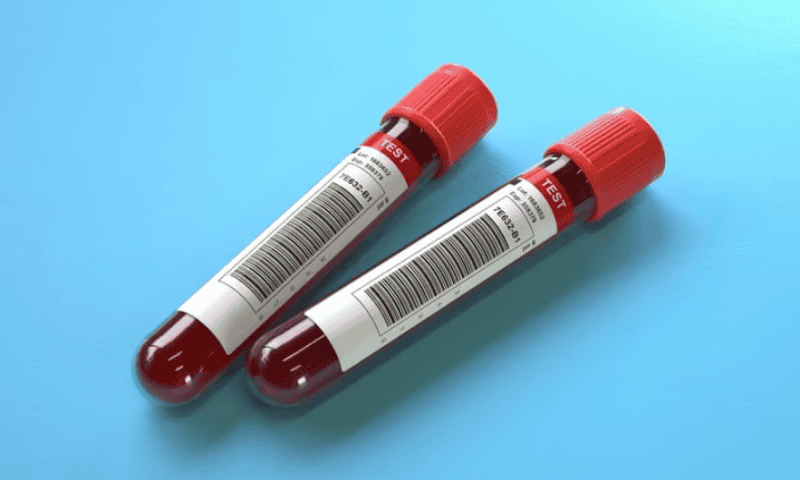Guardant Health aims to reshape how the U.S. gets screened for colorectal cancer, by claiming a groundbreaking FDA approval for a tumor-detecting blood test aimed at a population of about 120 million people.
While it’s not a replacement for a colonoscopy, the company’s Shield test is designed to help funnel adults age 45 and older with an average risk for the disease toward the more thorough exam—that group does not include, for example, people with a family history of colorectal cancer, or those whose health requires more frequent or detailed screenings.
With a simple blood draw, it’s meant to offer a more pleasant testing option, with the intention of boosting cancer screening rates overall—a goal that Guardant is now much closer to, with the FDA’s green light being the last prerequisite it needed to secure future Medicare coverage.
“There are 25 million Medicare beneficiaries who are not doing colonoscopy right now,” Guardant co-CEO AmirAli Talasaz said on a call with investors alongside the approval announcement.
More broadly, of the 120 million people who are eligible for colorectal cancer screening, Talasaz said, about 55 million have had a colonoscopy, while about 15 million are using stool-based tests. That leaves about 50 million people going by unscreened.
Guardant estimates that, if Shield were to become a test that people take every three years, it would have a market opportunity in processing at least 16 million samples annually.
“And when you look at the reality of colonoscopies, we have a limitation on how many people we can scope,” Talasaz said. “In terms of infrastructure, healthcare facilities, anesthesiology and GI staff, it looks like we have a capacity of about 6 million annual screenings with colonoscopy—and about 5.5 million screening tests are getting done right now.”
A positive result with the Shield blood test alone does not result in a diagnosis—instead, patients are told an abnormal reading may be linked to colorectal cancer or an advanced adenoma, and they are referred to a full colonoscopy for confirmation.
According to the company, the blood test has an overall false-positive rate of 10% and a false-negative rate of 17%. In a previous clinical study, Shield was much more accurate at detecting tumor DNA in the bloodstream from later-stage cases of colorectal cancer, versus the earliest, smallest growths that are the most treatable.
In stage 1 cancer, the test posted a sensitivity of 54.5%; that rate drops to 13.1% for advanced, precancerous adenomas. Shield did not detect any lesions smaller than 10 millimeters in size, but it did spot 91.4% of larger ones, regardless of stage.
Earlier this year, an independent advisory panel for the FDA endorsed the test while expressing concerns over its ability to catch those early polyps—which can not only be discovered visually by a colonoscopy but can also be removed during the procedure before they can grow further.
Guardant said its laboratory operations are ready for Shield’s commercial launch as an official in vitro diagnostic, which is slated to begin in the near future. Previously available as a lab-developed test, Talasaz described Shield’s first-line approval as the culmination of 10 years of R&D. It also plans to invest $175 million in its screening business over the course of this year, and $200 million annually thereafter.
The company plans to recommend to the Centers for Medicare and Medicaid Services a Shield screening regimen of one to three years. It also plans to conduct a long-term study of Shield’s impact on colorectal cancer deaths and health system costs, with blood samples taken on a three-year basis.
Guardant will also be keeping tabs on the U.S. Preventive Services Task Force and their colorectal cancer screening guidelines, which were last updated in 2021, where a high recommendation for blood-based testing from the group would trigger private payer coverage.

